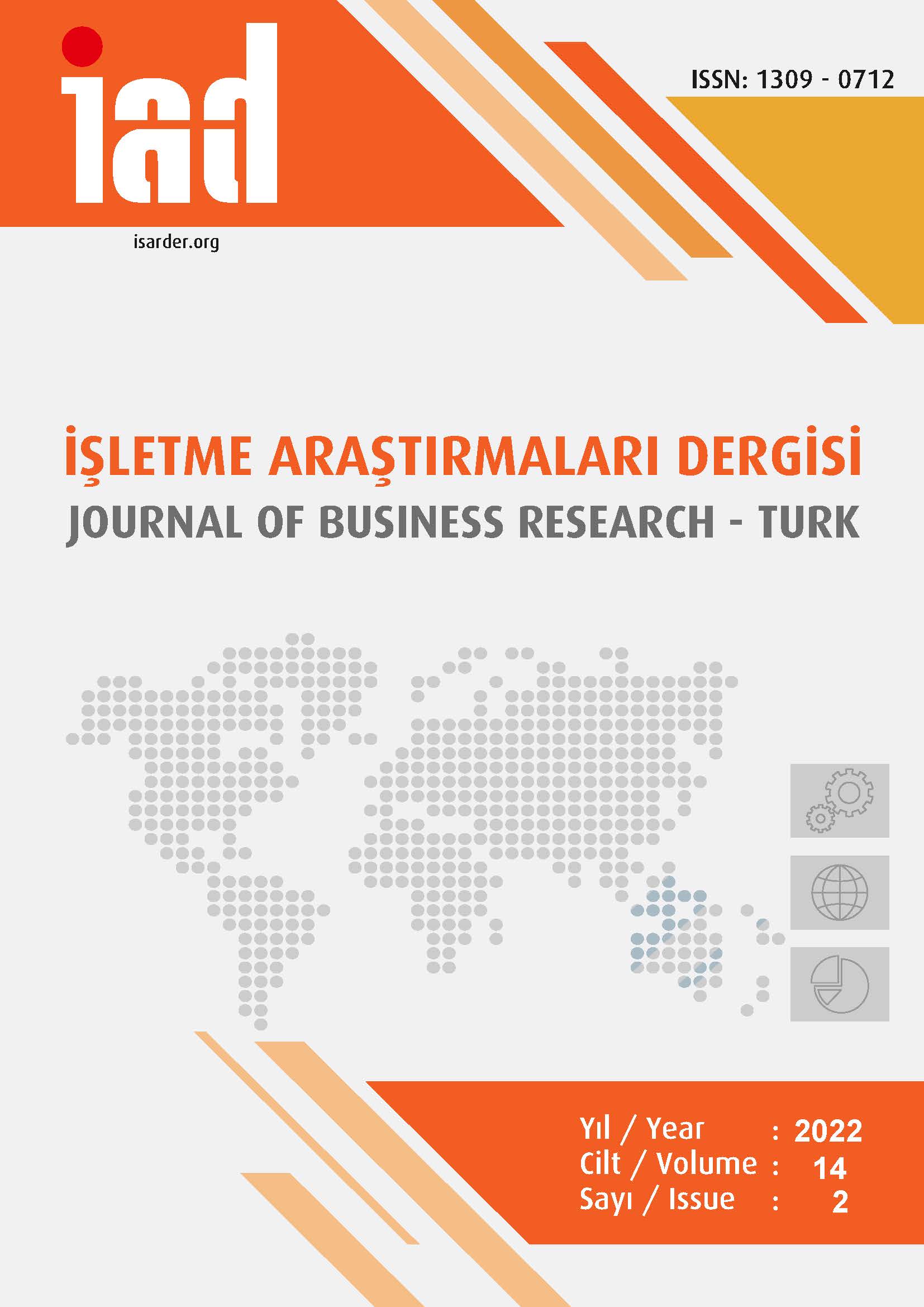The Effects of The Internet of Things Technology on Accounting and Auditing Process and Estimated Risks
Keywords:
Internet of Things, RFID Technology, BlockchainAbstract
Purpose – Computers and the Internet were dependent on humans for information in the past. With the concept of the Internet of Things, the dependency on humans has been decreasing. This technology, the use of which is increasing day by day in businesses, not only increases productivity but also has positive effects on the accounting and auditing process. As is the case with each innovation, this technology entails some new risks besides its positive effects. The aim of the present study is to carry out a comprehensive document and content analysis of the Internet of Things technology and to determine both its effects on the accounting and auditing process, to identify the risks posed, and to offer solutions to these risks. Design/methodology/approach – In this study, as a qualitative research design, document and content analysis have been conducted by using secondary data from the literatüre. Findings – The results showed that, on the one hand, the Internet of Things has positive effects such as real-time registry, reducing registry errors, improvement of cost management, enabling to digital reporting, facilitating auditors in the process of collecting evidence, and facilitating the stock management, on the other hand, it has some problems such as data analysis, costs, and cyber security. Discussion – Even if the concept of the Internet of Things takes on new dimensions and dependency on humans has been decreasing with the help of Blockchain, Metaverse, and Web 3.0 tools, it is thought that there will always be the need for the five senses of humans for right decisions.
Downloads
Published
How to Cite
Issue
Section
License

This work is licensed under a Creative Commons Attribution-NoDerivatives 4.0 International License.





